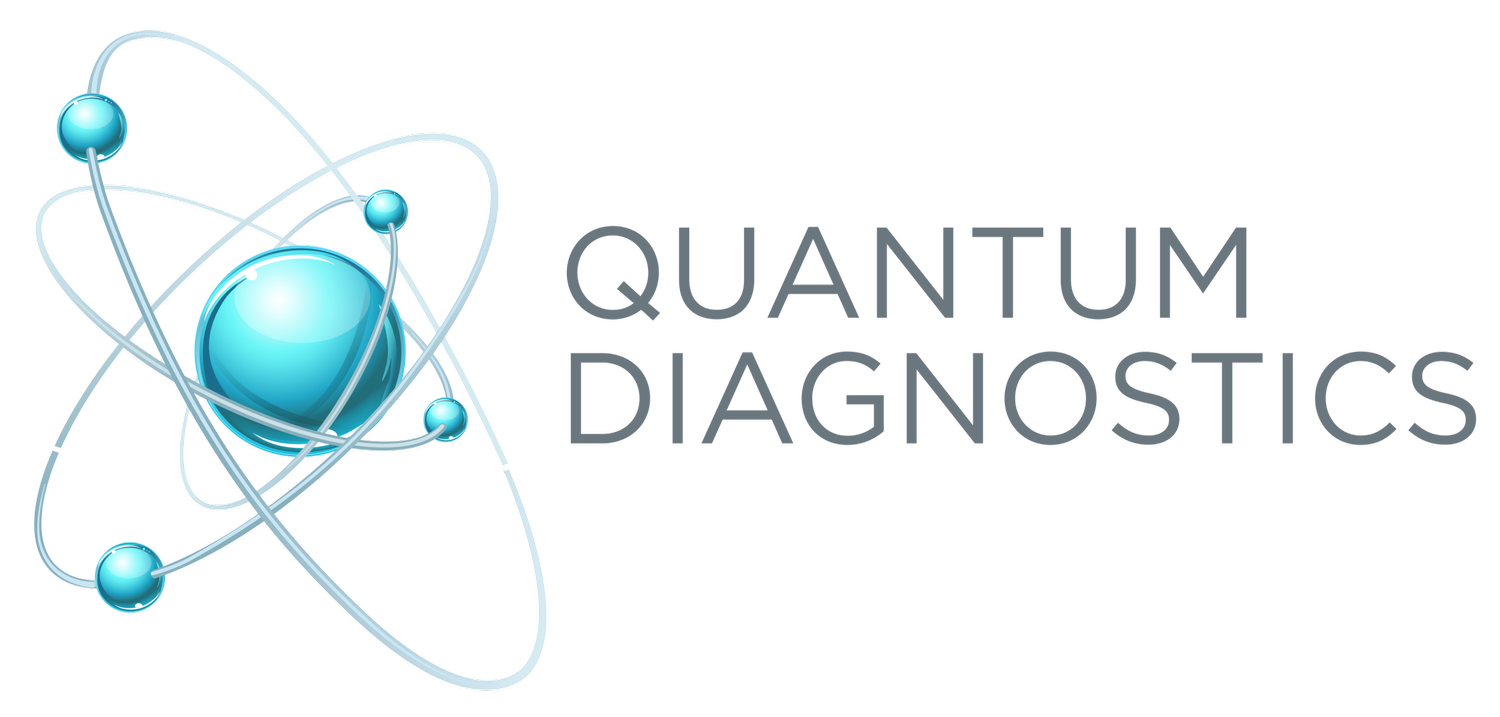Essential nutrients must come from the foods you eat because your body can't make them. Dietary minerals, most vitamins and certain fats and amino acids are essential.
Essential Vitamins
Your body needs vitamins for a variety of reasons. Some help you convert the food you eat to energy and others are necessary for strong bones, normal immune system function, general growth and development, and they're important for a whole host of different functions.
The B-complex vitamins and vitamins C, A, E and K are all essential vitamins. Some are easier to get than others. For example, biotin, pantothenic acid, and vitamin B-6 are found in many different foods, so deficiency is very rare. But, vitamin C is only found in plants so if you don't eat enough fruits and vegetables you may not get enough vitamin C. If you're a vegan (avoid all animal products), you may become deficient in vitamin B-12.
What about vitamin D? Your body makes vitamin D when your skin is exposed to sunlight, so you don't dietary sources of vitamin D unless you don't get enough sun exposure (which can easily happen during the winter months).
Essential Minerals
There are two groups of dietary minerals: major minerals and trace minerals. Like vitamins, they're necessary for all kinds of biological functions. The major minerals include calcium, magnesium, and potassium; they're important for strong bones, fluid balance and other functions. The trace minerals are needed for many different biological reactions to take place, and include selenium, zinc and others.
Polyunsaturated Fats
In general, you need dietary sources of fat to survive, but the polyunsaturated fats (omega-6 fatty acids and omega-3 fatty acids) are essential because the human body doesn't have the right enzymes to create them.
Omega-6 fatty acids are easy to find in vegetable oils and are rarely deficient (and more commonly people consume too much). Omega-3 fatty acids are not as common and are more likely to be deficient, but you can find omega-3's in foods like fish and seafood, flax, soy, pumpkin seeds, walnuts and foods fortified with omega-3 fats.
Essential Amino Acids
Amino acids are the building blocks of protein. Your digestive system rips proteins down into the individual amino acids and then your body uses them to make new proteins. Some amino acids can be built from leftover parts, but others called the essential amino acids must come from foods.
As long as you eat foods of animal origin (including meat, fish, poultry, eggs and dairy) you'll have no trouble getting all the essential amino acids. But if you're a vegan (or even a vegetarian who rarely eats eggs or dairy), then you need to eat a variety of complementary plant-based foods to get all of them.
What About Carbohydrates
Technically, your body can make glucose from non-carbohydrate sources by a process called gluconeogenesis, but it's difficult to imagine eating a diet completely devoid of carbohydrates. Even if you're on a low-carb diet, you still need some carbohydrates every day.
How Do I Get All These Essential Nutrients?
The best way to get all of these nutrients is to eat a healthy balanced diet with just the right number of calories to maintain a healthy weight. A balanced diet will also provide you with dietary fiber and beneficial phytochemicals.
You can also take a daily multiple vitamin and mineral supplement, or a fatty acid supplement to ensure sufficient intake. There might also be times when you need to take additional dietary supplements --if you have any specific health issues, for example. But speak with a health care provider first.
Sources:
Harvard Medical School, Harvard Publications. "Fats Resource Center." Accessed January 23, 2013. http://www.health.harvard.edu/topic/fats.
United States National Library of Medicine National Institutes of Health, Medline Plus. "Amino Acids." Accessed January 23, 2013. http://www.nlm.nih.gov/medlineplus/ency/article/002222.htm.
United States National Library of Medicine National Institutes of Health, Medline Plus. "Minerals." Accessed January 23, 2013. http://www.nlm.nih.gov/medlineplus/minerals.html.
United States National Library of Medicine National Institutes of Health, Medline Plus. "Vitamins." Accessed January 23, 2013. http://www.nlm.nih.gov/medlineplus/ency/article/002399.htm.

